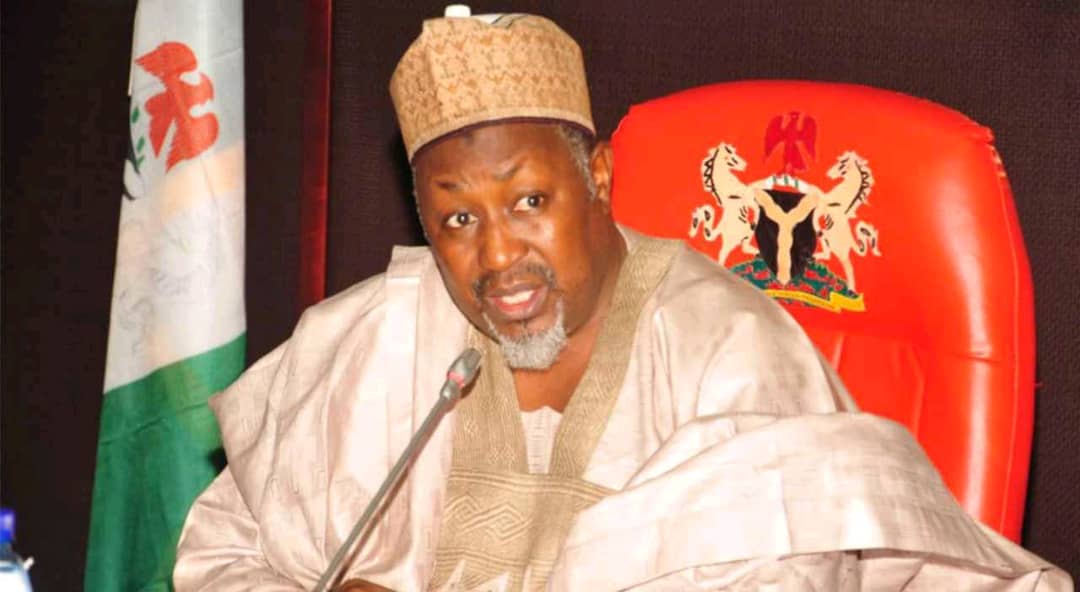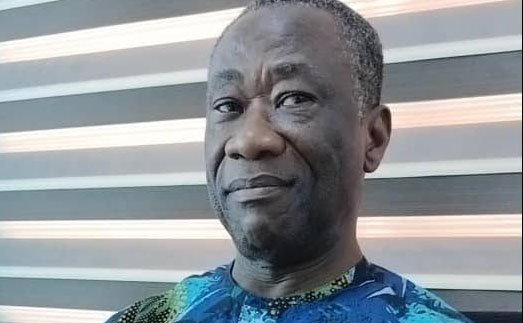The National Space Research and Development Agency (NASRDA) has raised fresh concerns about Nigeria’s worsening security vulnerabilities, revealing that terrorist groups operating in the country have migrated from conventional mobile networks to satellite-based communication systems.
NASRDA’s Director General, Dr. Matthew Adepoju, disclosed this on Friday while appearing on Channels Television’s Politics Today.
He warned that shutting down mobile networks during security operations no longer disrupts terrorist activities, as criminal groups now rely on more sophisticated satellite channels.
“It breaks my heart when state governments shut down communication on our mobile phones, because most of them are not actually communicating through mobile networks. They are making it through the satellite platform. The terrorists are using satellites to communicate,” Adepoju said.
He noted that many Nigerians misunderstand the capabilities of the country’s existing satellites, explaining that they are designed for imaging—not real-time video surveillance.
“Sometimes, there’s a misconception about what satellites should do and what they have the capacity to do. The one the military has and the one we’ve launched in the agency are imagers. They don’t record videos, and they travel around the globe,” he said.
Adepoju explained that Nigeria’s current satellites—NigeriaSat-1, NigeriaSat-X and NigeriaSat-2—require an average of three days to revisit the same location, making rapid response to fast-moving security threats difficult.
He said a new satellite constellation approved by President Bola Tinubu would reduce revisit time to between four and six hours, depending on orbital placement.
The agency, he added, plans to continuously expand the fleet with four or five additional satellites to achieve near real-time monitoring capacity.
“If you want to have global coverage, we need to launch plenty of them into orbit. As one is going, another is coming. That’s why we went for the constellation of the four that the president has approved for us,” he said.
The NASRDA DG also disclosed that the agency has secured an agreement with a U.S.-based technical partner operating nearly 300 satellites capable of providing advanced signal analytics to enhance Nigeria’s intelligence capabilities.
However, the platform remains inaccessible because funds required to activate the partnership have not been released.
Adepoju said Nigeria must invest heavily in research-driven security tools and continue developing new satellites to close surveillance gaps.
His comments come months after the Federal Executive Council approved the launch of four new satellites—three Earth-observation satellites and one radar satellite—aimed at improving the country’s ability to monitor criminal activity.
The Minister of Innovation, Science and Technology, Chief Uche Nnaji, had said the new radar satellite would provide imaging “day, night, during rain, every time of the day,” boosting military operations in areas such as the Sambisa Forest.
Adepoju also dismissed claims that Nigeria lost one of its satellites, clarifying: “We never lost the satellite,” explaining it was safely decommissioned after suffering power issues from a malfunctioning solar panel.
Despite funding challenges, he revealed ongoing plans for Nigeria’s first astronaut through a partnership with the Space Exploration and Research Agency (SERA), noting that the selection process is underway.






